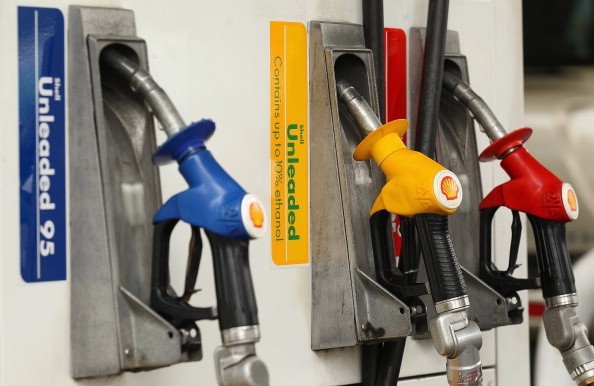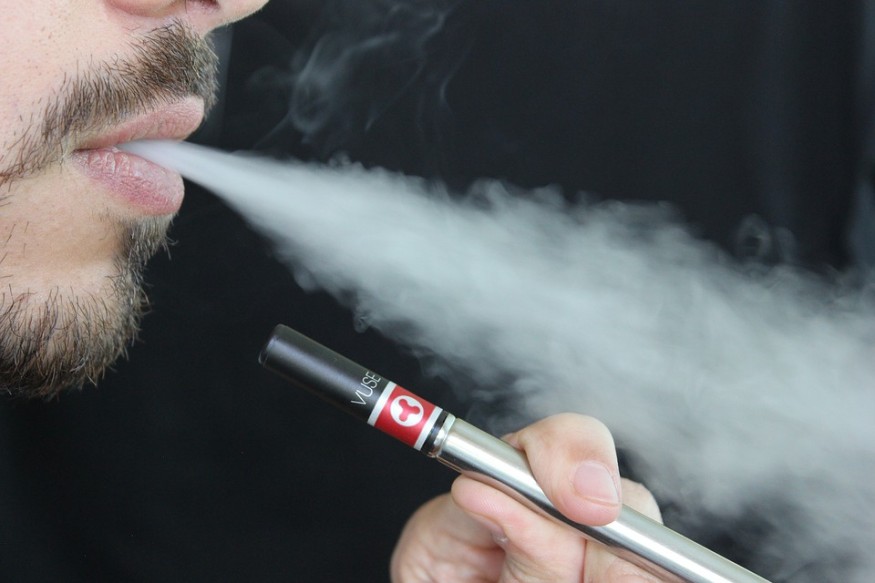Despite spending almost the same amount of money on products, men's purchasing produces 16 percent more climate-warming emissions than women's, according to research.

The most significant difference was in men's spending on gasoline and diesel for their automobiles. According to the researchers, gender variations in emissions have been poorly researched and should be recognized to combat the climate issue.
Food and holidays accounted for more than half of all emissions for both men and women in the study, contrasting single men and women in Sweden.
However, the researchers discovered that replacing meat and dairy with plant-based meals and taking rail vacations instead of flying or driving reduced emissions by 40%.
Importance of the Study
The study's lead author, Annika Carlsson Kanyama of the Swedish research firm Ecoloop, stated, "We think it's vital to make the difference between men and women into consideration in policy decisions."

"Women spend more money on home decorating, health, and clothing, while males spend more money on gasoline, eating out alcohol, and tobacco."
Related Article : California's Ambitious Goal of Carbon Neutrality by 2045 Hindered by Climate Change
Scope of the Study
Fuel for work vehicles such as taxis and plumbers' vans was not included in the study published in the Journal for Industrial Ecology. According to a previous study, men were more likely to drive to work in households with one car, while women were more likely to take public transportation.

Holidays accounted for almost a third of both men's and women's emissions. Carlsson Kanyama stated, "That is a lot more than I expected." Because numbers for persons living in families were unavailable, they utilized data from single people.
Dietary modifications and vacations were chosen to minimize personal emissions since they do not involve additional investment, such as purchasing an electric vehicle. "These are significant changes, but at least you won't have to look for another work or borrow money from the bank," she explained. "So it's something that's within grasp right now. You just buy something else with the same money you already have."
Most Effective Ways to Combat Climate Change
According to 2017 research, the most effective way for individuals to combat climate change is to have fewer kids, followed by not driving and avoiding flying.
Men spent more money on energy and ate more meat than women, according to studies from 2010 and 2012, both of which result in high emissions. "I'm shocked more research hasn't been done regarding gender disparities in environmental impact," Carlsson Kanyama added. There are distinct distinctions that are unlikely to disappear very soon."
Climate Crisis

Last week, the EU's green accord was chastised for neglecting to address the confluence between women and the environment.
"The climate problem is one of the most pressing issues of our day, and it affects men and women in very diverse ways," said Austrian environment minister Leonore Gewessler. "For example, women make up the majority of those affected by energy poverty. If we want to build answers and a change that works for everyone, we must factor gender variations into the equation."
"The European Green Deal policies are, at best, gender-blind, and, at worst, they exacerbate gender inequalities," said Nadège Lharaig of the European Environmental Bureau, which released a study on Friday titled Why the European Green Deal Needs Ecofeminism.
The research used spending data from 2012, which was the most recent year for which data was available. According to Carlsson Kanyama, the situation is unlikely to have altered enough today to change the general results.
For more Environmental news updates, don't forget to follow Nature World News!
© 2025 NatureWorldNews.com All rights reserved. Do not reproduce without permission.





